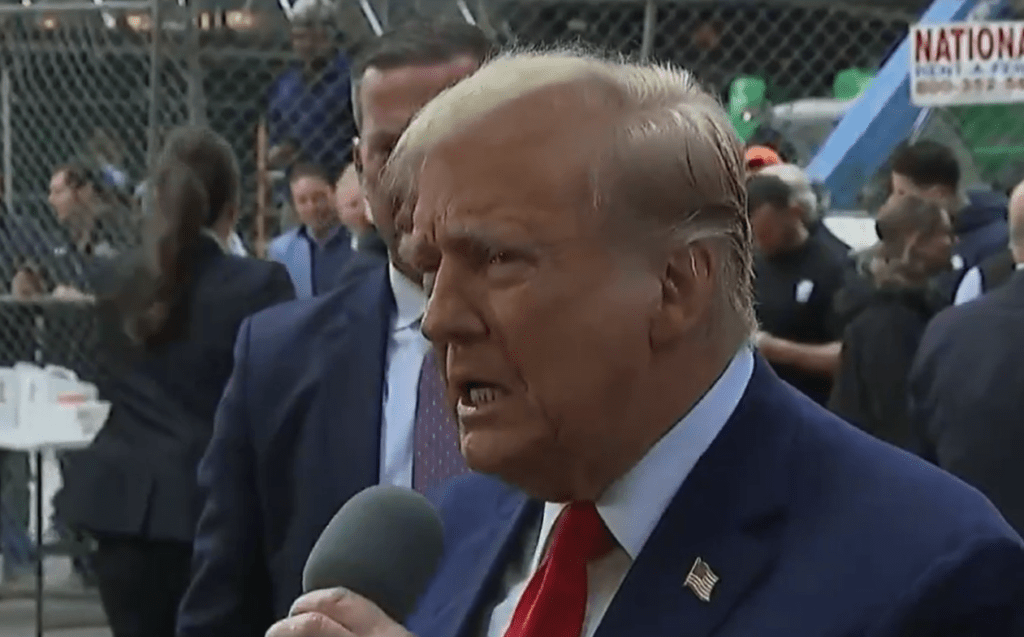Former President Donald Trump on Wednesday revealed a compelling reason for refusing key government briefings while campaigning for his second term. Trump announced that he would decline the intelligence briefings typically offered to presidential nominees, expressing concerns about the potential for being accused of leaking classified information if he were to receive them. U.S. intelligence agencies usually provide these briefings to prepare candidates for the responsibilities of the presidency.
His announcement comes in the wake of controversies surrounding the FBI’s discovery of government documents, including classified material, at his Mar-a-Lago residence, and as Democrats have questioned Trump’s reliability with sensitive information. In an interview with DailyMail.com, Trump mentioned that while he is eligible for the briefings, he viewed them as a potential setup and decided to forgo them.
“I don’t want that because as soon as I get that, they’ll say that I leaked it,” Trump told the outlet. “So the best way to handle that situation is, I don’t need their briefing. They come in, they give you a briefing, and then two days later, they leak it, and then they say you leaked it. So the only way to solve that problem is not to take it.”
WATCH:
These briefings are not required by law, and it is unclear whether the Biden administration would extend the privilege to Trump in the first place. Previously, Biden had barred Trump from receiving any post-presidential intelligence briefings, citing concerns about Trump’s behavior and trustworthiness, even before he faced indictment related to handling classified documents. The intelligence briefings usually take place in late summer or early fall, providing a broad overview of national security issues, while more detailed and sensitive information is shared only after a candidate has been elected.
The briefings offered to presidential nominees are part of a long-standing tradition aimed at preparing the potential next president for the complexities of national security and international affairs. These briefings usually begin after a candidate has officially secured their party’s nomination. They provide a broad overview of critical security issues, without delving into the operational details that are reserved for the elected president.
The practice of providing classified intelligence briefings to presidential nominees began in 1952, initiated by President Harry S. Truman during the Cold War era. Truman, drawing from his own experience of feeling unprepared when he assumed the presidency in 1945 after Franklin D. Roosevelt’s sudden death, believed that candidates needed to be informed about national security issues. This tradition aimed to ensure a smooth transition of power and immediate readiness to address crises upon taking office.
The briefings are conducted in secure facilities, often at locations such as the FBI headquarters in Washington, D.C., or at a site closer to the candidate’s home to maintain security and confidentiality. During the 1960 campaign, both John F. Kennedy and Richard Nixon received the same intelligence briefings. Kennedy was noted for his active questioning and engagement, which contrasted with Nixon’s more passive approach.
But during his term, the intelligence community was accused of frequently leaking information — much of it false — in an attempt to damage Trump’s presidency and hinder his credibility. Infamously, more than 50 current and former members of the IC claimed in an open letter that information gleaned from a laptop Hunter Biden abandoned at a Vermont computer repair store that was damning to then-Democratic candidate Joe Biden mimicked Russia disinformation when, in fact, the information was accurate. Many voters said afterward if they were sure the information was true ahead of the 2020 election it would have changed their vote to Trump.



